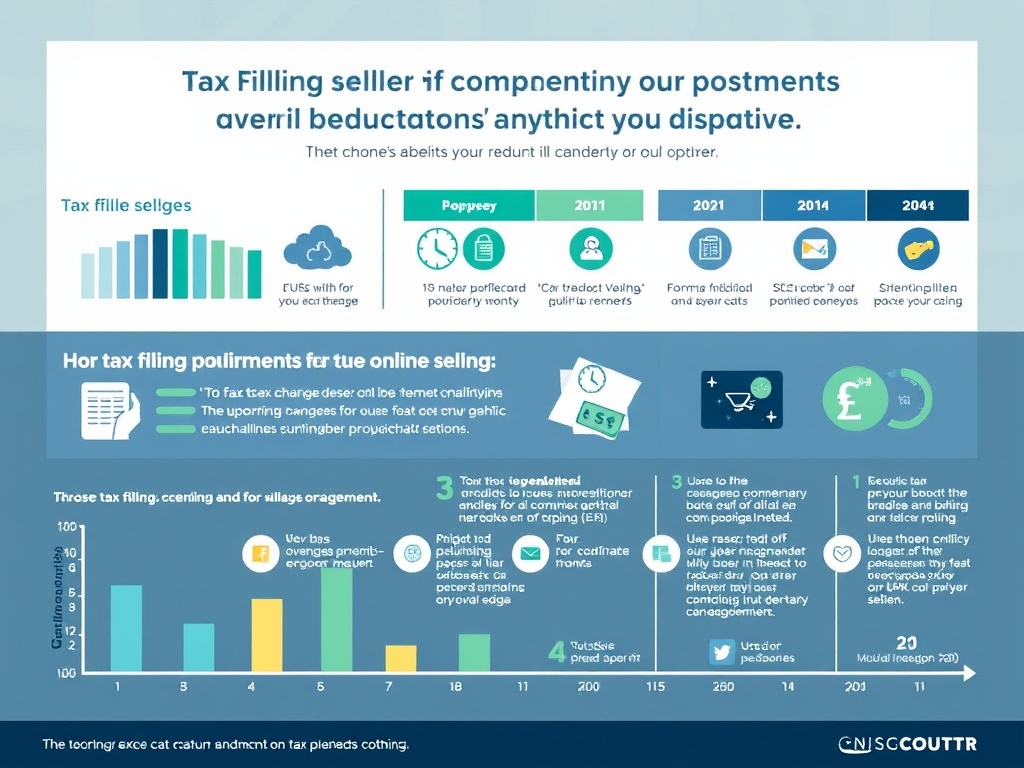In a significant shift for many individuals who monetize their belongings on platforms like eBay or Vinted, the requirement to file a tax return will be lifted for numerous sellers due to changes in the income threshold. Nevertheless, it is important to note that these sellers will still be responsible for paying any taxes owed on their earnings. Here, The i Paper explores the existing regulations and the forthcoming changes.
What are the current rules?

Currently, anyone earning more than £1,000 in gross income from trading activities is required to register for self-assessment and submit a comprehensive tax return, even if they do not owe any tax. If you have sold at least 30 items or generated approximately £1,700 (which is around €2,000) through platforms such as eBay or Vinted, or if you have provided a paid service—like renting out a holiday home via Airbnb—your platform provider will notify HMRC about your activities. They will also inform you that your information has been shared.
Although the sharing of sales data does not automatically necessitate filing a tax return, you may need to register for self-assessment and pay taxes if you:
- Purchase goods for resale or create products with the intent of selling them for profit.
- Provide services through a digital platform—such as being a rideshare driver or renting out a holiday property via an online service.
- Have a total income from trading or providing services online exceeding £1,000 before accounting for expenses in any tax year.
What is changing?
The Government plans to increase the self-assessment filing threshold from £1,000 to £3,000. This adjustment means that up to 300,000 individuals, including casual sellers and those earning income through online resale platforms, will no longer be required to complete the often time-consuming tax return process. It is estimated that 98 percent of this group consists of self-employed individuals who report minimal trading income, while the remaining 2 percent earn income from property.
Tax Minister James Murray is expected to unveil these proposals soon. The changes are anticipated to come into effect by 2029, significantly easing the administrative burden for thousands of people earning income from selling goods and services online, including eBay and Vinted sellers, taxi operators, delivery drivers, and content creators. Instead of navigating the complexities of the self-assessment form, qualifying individuals will be able to submit a new, simplified online form to report cash earnings from self-employed activities up to £3,000.
Mr. Murray stated: “From selling old video games to generating content on social media, we are transforming the operational framework of HMRC to facilitate the entrepreneurial spirit among Brits. By exempting hundreds of thousands from the obligation of filing tax returns, we are allowing them to spend less time on paperwork and more time expanding their side businesses.”
These reforms will relieve about 90,000 individuals who owe no taxes from needing to disclose their side hustles or trading incomes to HMRC. It’s worth noting that those selling personal belongings typically do not incur income tax on these transactions. However, if you sell an item for more than £6,000, you may be liable for capital gains tax.




